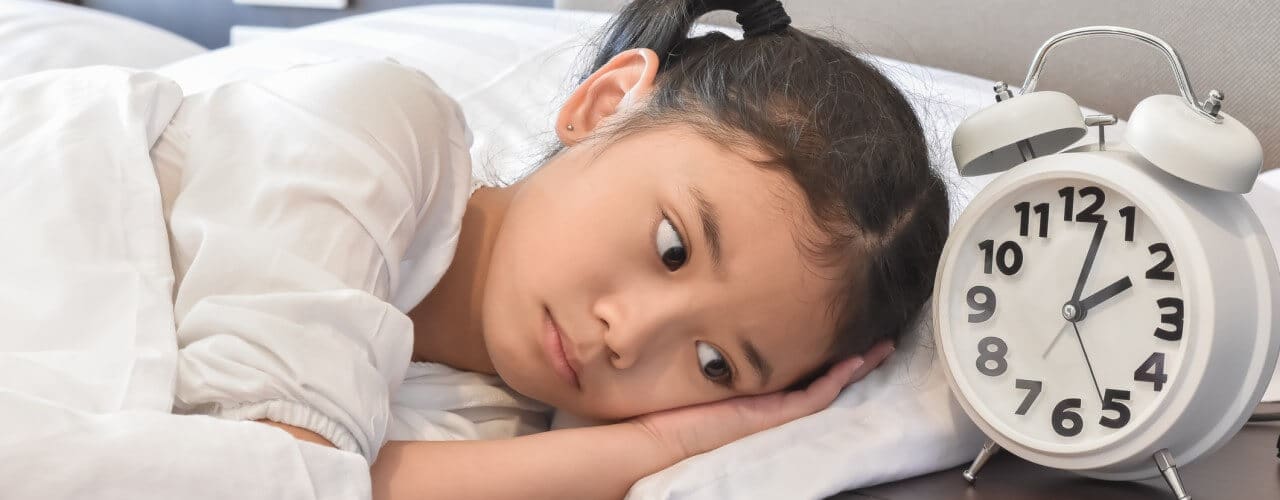Sleep Apnea in Children – How to recognise the signs
Sleep Apnea is something that can affect both adults and children. However, kids are less likely to be able to articulate that it’s something they are struggling with. If your child does have Obstructive Sleep Apnea then it’s likely that they are missing out on essential rest and this can have a knock on impact across the rest of their lives. So, what are the signs that you need to look out for when it comes to this condition?
Make sure you know what causes Sleep Apnea
Someone who has this condition will experience difficulties breathing at night. When we go to sleep the muscles in our throats relax, including those that are located at the back of the throat and are responsible for keeping the airway open. When someone has Obstructive Sleep Apnea the muscles tend to relax too much and this can block the airway and make breathing a challenge. There are a number of different causes that have been identified when it comes to Sleep Apnea, including being overweight, medical conditions such as Down’s Syndrome, a particularly large tongue that can fall back and block the airway or a family history of the condition.
What signs do you need to look for in children?
- Snoring. This is especially likely to be caused by Sleep Apnea if it’s accompanied by snorts, grunts or gasps.
- Your child is a very restless sleeper. Sleep Apnea may mean that your child is constantly waking themselves up so that they can start breathing again and this can result in being a restless sleeper and going through lots of different positions at night.
- Wetting the bed.
- Being very tired during the day and/or having learning or behavioural issues.
- Sleepwalking or experiencing night terrors.
- A child who finds it very difficult to wake up in the morning and falls asleep during the day.
How is Sleep Apnea in children handled?
The first step is usually for your child to take part in a sleep study, which will determine whether or not the issue is being caused by sleep apnea or by something else. During a sleep study, the doctors will monitor various functions in your child’s body, including oxygen levels, breathing patterns, brain waves, heart rate, and carbon dioxide levels. They will also look at the noise your child makes, as well as the sleeping positions they tend to opt for and how much they move around.
How can you treat Sleep Apnea in children?
There are a number of surgical options that can help to swiftly fix the issue, including removing the tonsils and removing the adenoids. Diet changes to help a child lose weight can also make a big difference. There are a number of therapies available to help with Sleep Apnea too, including Continuous Positive Airway Pressure (CPAP) therapy.
If your child shows signs of being a restless sleeper, tired during the day, or struggling with comfort at night then it might be worth investigating whether Sleep Apnea is the cause.
Harley Street is the UK’s foremost private medical centre which is dedicated to providing high-quality care for your ear, nose, throat, head & neck, and balance-related disorders. Find out more information on the ENT Services we provide at The Harley Street ENT Clinic.

